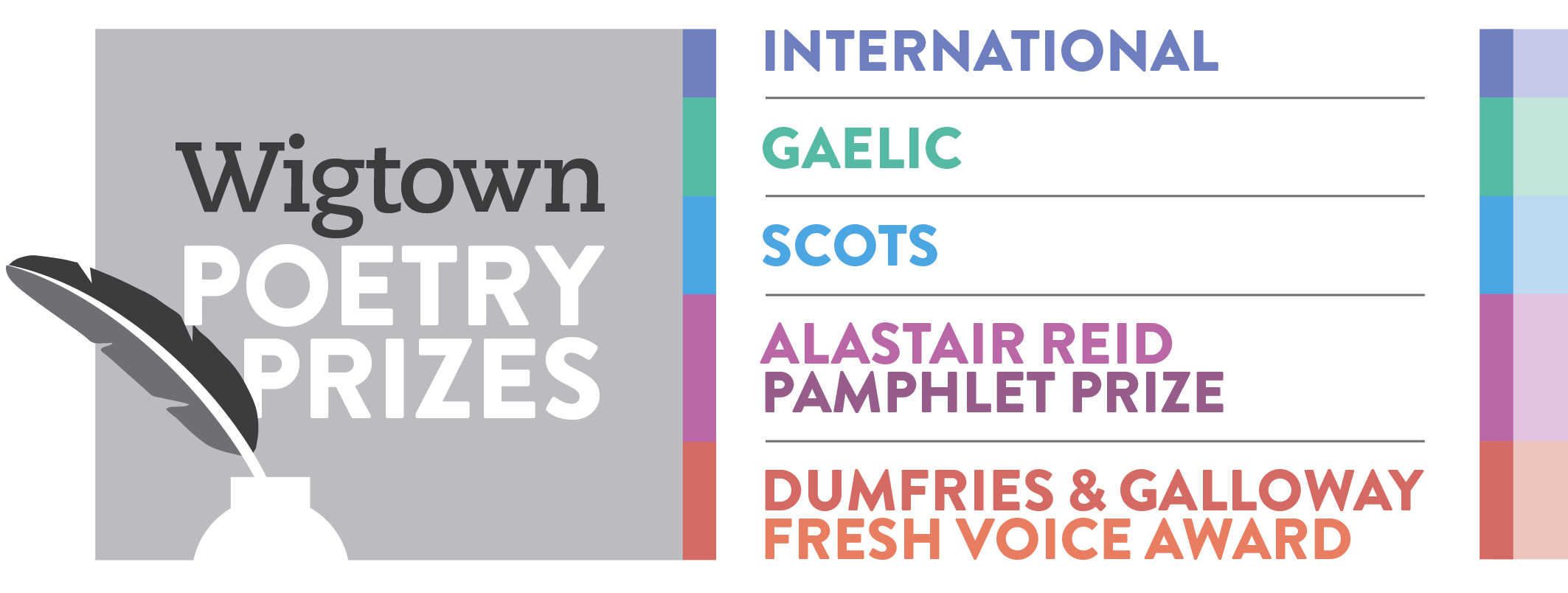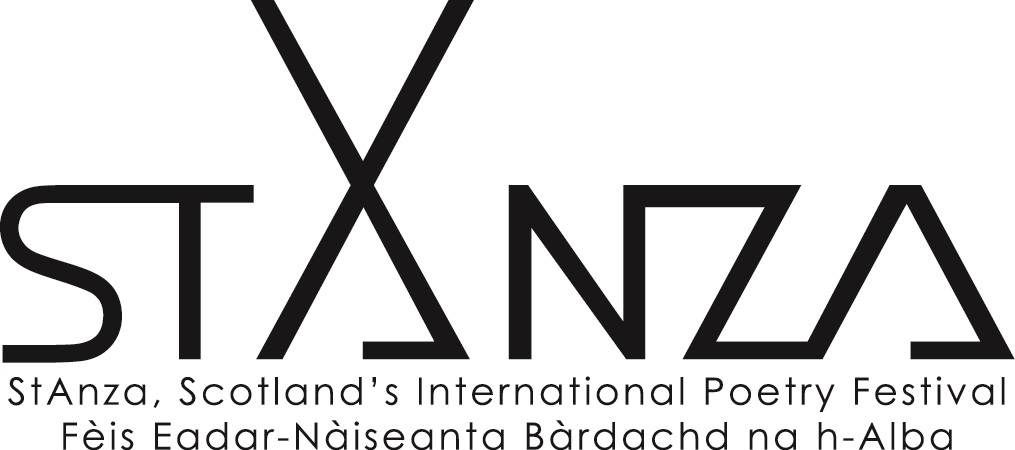As the Wigtown Poetry Prize prepares to close on Friday 29 May, this year’s judges - Roseanne Watt (Wigtown and Alastair Reid Pamphlet Prizes), George T Watt (Wigtown Scots Prize) and Anna Frater (Wigtown Scottish Gaelic Prize) - will be girding their loins. Who would be a judge, the thrill of discovery vying with the fear of overlooking greatness? Dipping into the Wigtown archive, we found the poet George Szirtes, talking about his stint deciding the fate of the prize in 2012. It will ring bells with anyone who has ever judged, or been judged:
“It might be easier if a lot of poems were simply bad and hopeless. Then one might flick an eye over it and say: That is obviously not going to win. If asked what might make a poem bad and hopeless I might say something about insufficient attention to language and unquestioned clichés of feeling. That is not a criticism about the people writing such poems - people are far more complex and valuable than the language they happen to use - it is a criticism of the poems. But others had, presumably, sifted the poorer poems - so there was nothing easy about this.
“That concentrates the mind on the opposite end of the scale: the question of winning. It is encouraging that over the years that I have judged competitions, I have seen better, more competent poems as time has gone on: poems that are more attuned to the subtleties of language. They have a firmer control of shape, register and process; a better understanding of what a poem is and what it can do. They tend to be pretty good. Why this should be so is another matter for another day, but so I have found. The trouble is that, as judge, I have to pick, for Wigtown, two outstanding poems plus only four to commend.
“How do I do that? I have three piles that correspond to pretty good, very good, and potential winner. The difficulty comes in distinguishing the last two categories and then making the prize choices.
“As for the rest I register the fact that here is a civilised and capable batch of poems and feel grateful for that. I also admit that no choice is ever going to be perfect. Once you get down to the last twenty or so poems impressions change all the time. Poems swim to the front then fall back, others start slow then move ahead. The convention whereby the winner takes a much larger prize than the second or third, or even some of the commended poems, is a function of public attention rather than of intrinsic value. Values are much closer than that. Given another day, another hour, another ten minutes the result might have been different. If I were editing an anthology of poems all the poems in the winner-commended list would be included.
“Can I say anything useful about the difference between pretty good and very good? The difference involves a certain transcending of subject matter. There are elegant, sensitive poems about a variety of subjects and there are feelings about those subjects to which those poems appeal, subjects such as death, sickness, loss, love, the past. The poem, however, is not simply the civilised response to those subjects but something beyond, something that involves a certain playful spirit in the language arriving at a point where what Auden called the auditory imagination comes into its own - and it can do so even in the most sombre room. That is the step into the unknown, the unmastered, the surprising, the oddly exhilarating, that truly makes a poem.”
To find out more or enter go to www.wigtownpoetryprize.com
Image Credit ~ Heshani Sothiraj Eddleston









